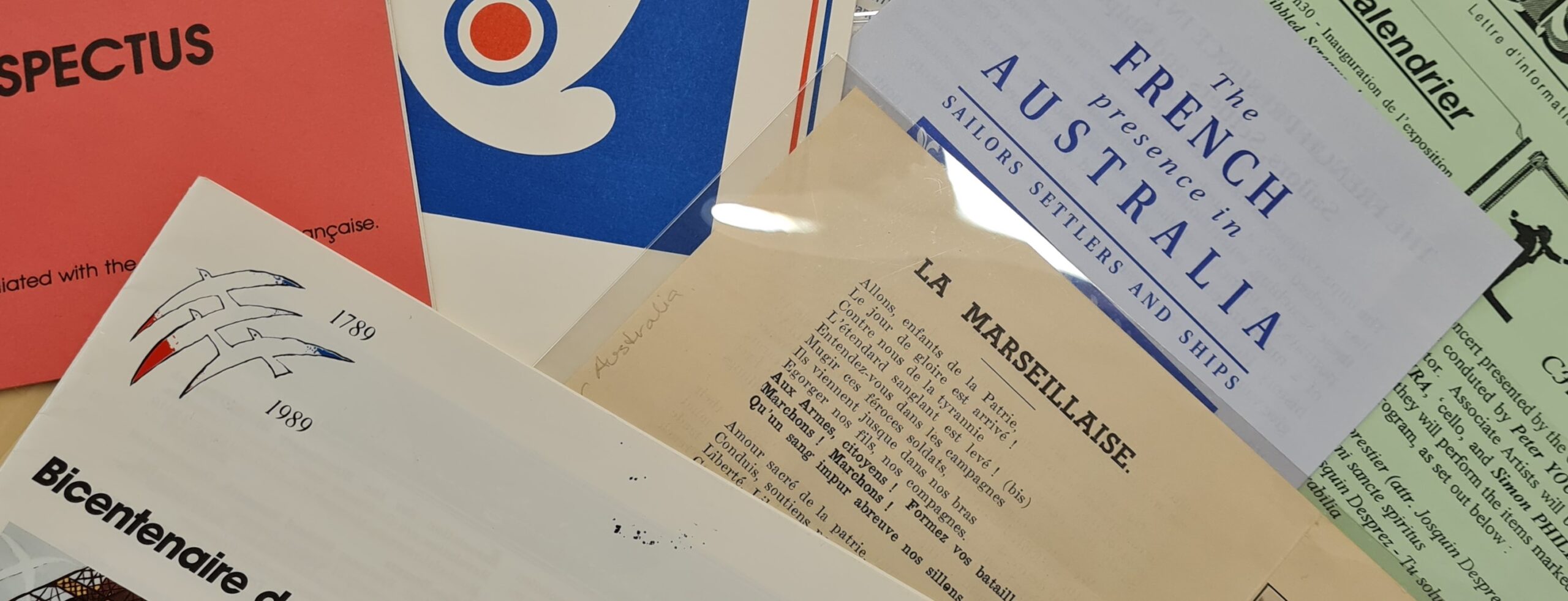
Opening the Multilingual Archive of Australia brings together historical materials from national and international collections in languages other than English. We seek to rethink and enlarge narratives about Australia that come solely from English-language sources, by showing modern Australia to be a complex multilingual creation. This project is funded by an Australian Research Council Discovery Project grant.
The site consists of collections of text-based articles, newspapers, images and interviews. You can explore these and carry out searches through the ‘go to archive’ button and clicking on the different categories. For more detailed introduction to the project, see the student presentations in the Teachers and Students page.
Explore collections
Key periods
Languages
News
-
Student Projects
At the OMAA Conference that was held in December 2024, students from the University of Sydney presented projects they had undertaken using the OMAA archive. We have now published these presentations so that they may be used as teaching resources. You can see and download them from the Teaching Resources page.
-
The Opening the Multilingual Archive Conference
The Opening the Multilingual Archive (OMAA) Conference was held over two days in the Quad Refectory on 2-3 December 2024. The program opened with a keynote address by Professor Joy Damousi who talked about the importance of digitising migrant archives, and how these provide new perspectives on the migration experience and transnational histories of migration.…
-
The 2024 Opening the Multilingual Archive of Australia Conference
The University of Sydney will host the 2024 Opening the Multilingual Archive of Australia (OMAA, https://omaa-arts.sydney.edu.au/) Conference, which will explore themes of ‘Multilingual archives and histories’ and ‘Multilingualism in translation’. The Conference will be held at the University of Sydney on December 2 and 3, 2024. Australian Anglocentrism raises essential questions about the dynamics of living…
Australian Aboriginal and Torres Strait Islander people are advised that this site may contain or link to material which could be culturally sensitive, including records of people who have passed away.
